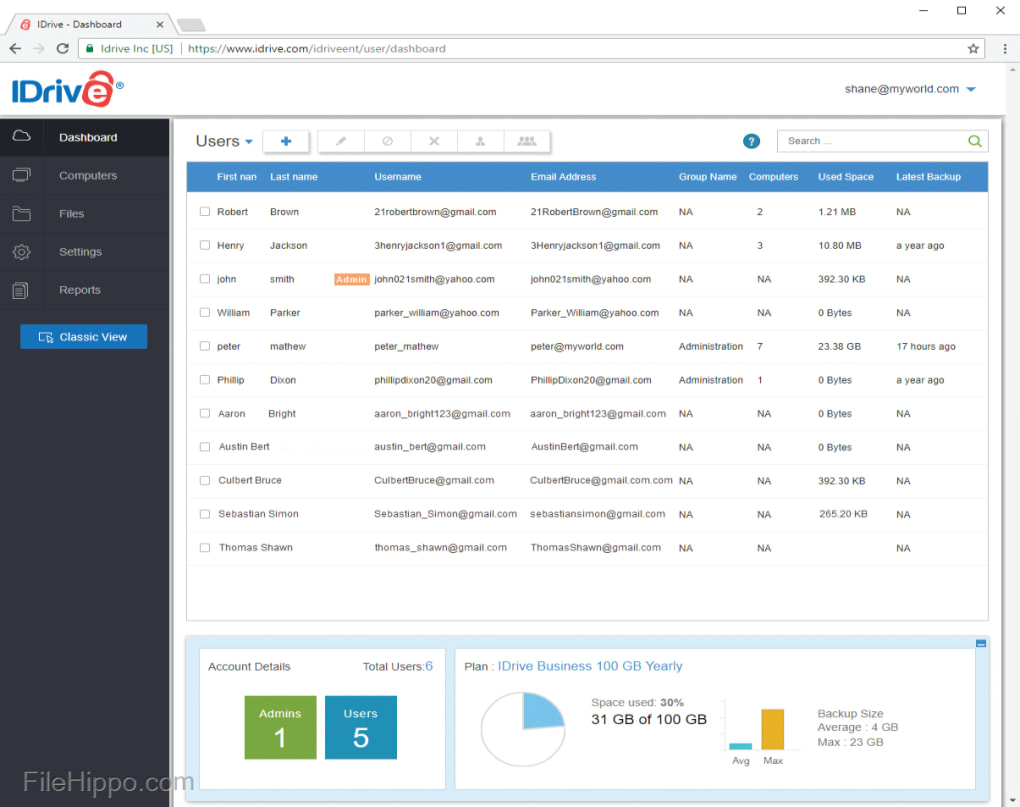

Is there a problem with - Securities risk? In other words, Q1 revealed no material issues to explain the dire valuation.

Operating expenses were lower than a year ago, despite the business growth and inflation.The average insurance premium earned after reinsurance costs was 26 bp, flat with the prior quarter.Claim payments on its $187 billion of IIF was only $272,000, or 1/10 of a basis point.The number of delinquent loans fell by 15%, despite housing fears.And while NMIH's IIF grew by only 1.5% during Q1, that compares to 0.0% GSE growth. Insurance in force (IIF) grew by 17% from a year ago, well more than the 2% grow in Fannie Mae and Freddie Mac (the "GSEs") mortgage-backed security debt.And the key details were also not so bad: Wall Street was looking for $0.82 a share, according to Seeking Alpha. These curious valuations cry out for more research into what potential problems lie ahead for NMIH. And that the present value of the IIF, assuming a 15% annual runoff and a 12% cost of capital, is $12 a share. Only slightly over book value, despite the fact that NMIH owns $187 billion of mortgage insurance in force ("IIF") earning it a 16% return on that book value.A 15% bond yield says that bad things are on the horizon and stay bad for a long time. The 6.7 P/E translates into a 15% earnings yield (E/P).Yet NMIH is expected to earn 11% more next year. That is only 36% of the S&P 500 P/E ratio, near the bottom of the range. Its book value is $22.56, excluding marks-to-market of its investment portfolio. Its EPS is expected to be $3.52 this year and $3.91 next year, according to Seeking Alpha. As I write this, NMI Holdings ( NASDAQ: NMIH), a mortgage insurance company, is selling at $23.65 a share.


 0 kommentar(er)
0 kommentar(er)
